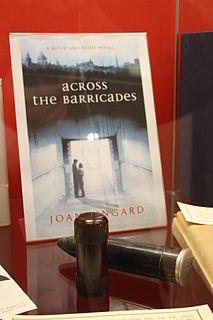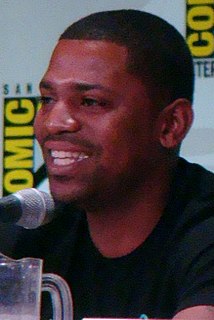A Quote by David Cage
The concept of 'Heavy Rain' is to offer real-life situations with real characters. There are no supernatural elements in the story.
Related Quotes
When an acting teacher tells a student 'that wasn't honest work' or 'that didn't seem real,' what does this mean? In life, we are rarely 'truthful' or 'honest' or 'real'. And characters in plays are almost never 'truthful' or 'honest' or 'real'. What exactly do teachers even mean by these words? A more useful question is: What is the story the actor was telling in their work? An actor is always telling a story. We all are telling stories, all the time. Story: that is what it is all about.
..the real world's all we've got. Believers in the supernatural claim to have special wisdom about the world. But real wisdom means knowing truth from falsehood, knowing the difference between evidence and wishful thinking. Yes, the real world is mysterious and sometimes frightening. But would the supernatural make it better? The real world has beauty, poetry, love and the joy of honest discovery. Isn't that enough?
It's like fiction - the fact that somebody's telling you a story about people who didn't exist doesn't make the experience of the story any less real in your heart and mind. You go through heavy emotional responses to these stories, and wrestling is a similar thing - but it's happening in real space.
I prefer to take actors and put them in real settings and real locations and real situations rather than create artificial locations that serve the characters. It's just much easier when you are walking down the street with your actors to do that in a real street that's still open with people on it, rather than to close it off and bring in extras.








































